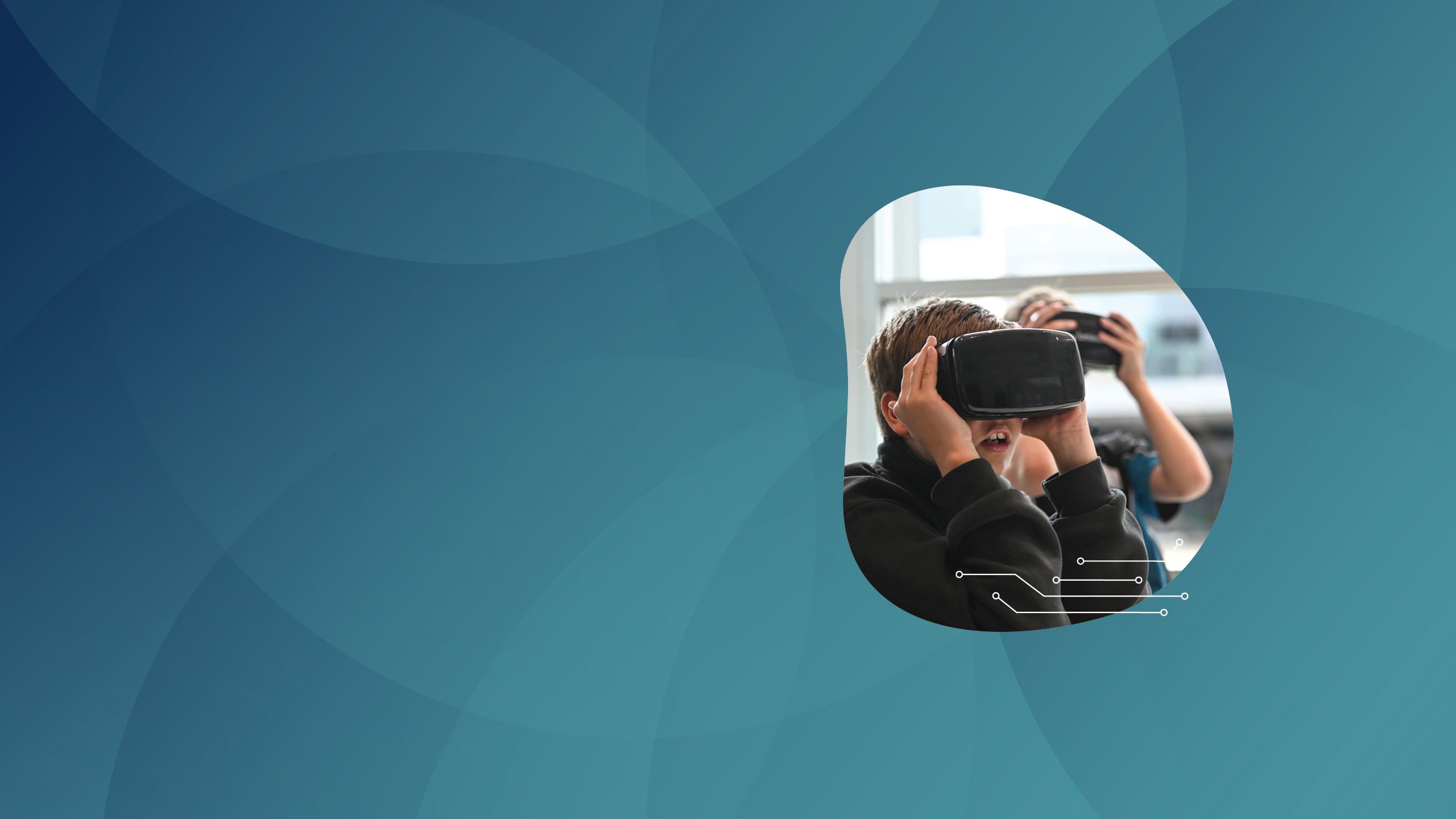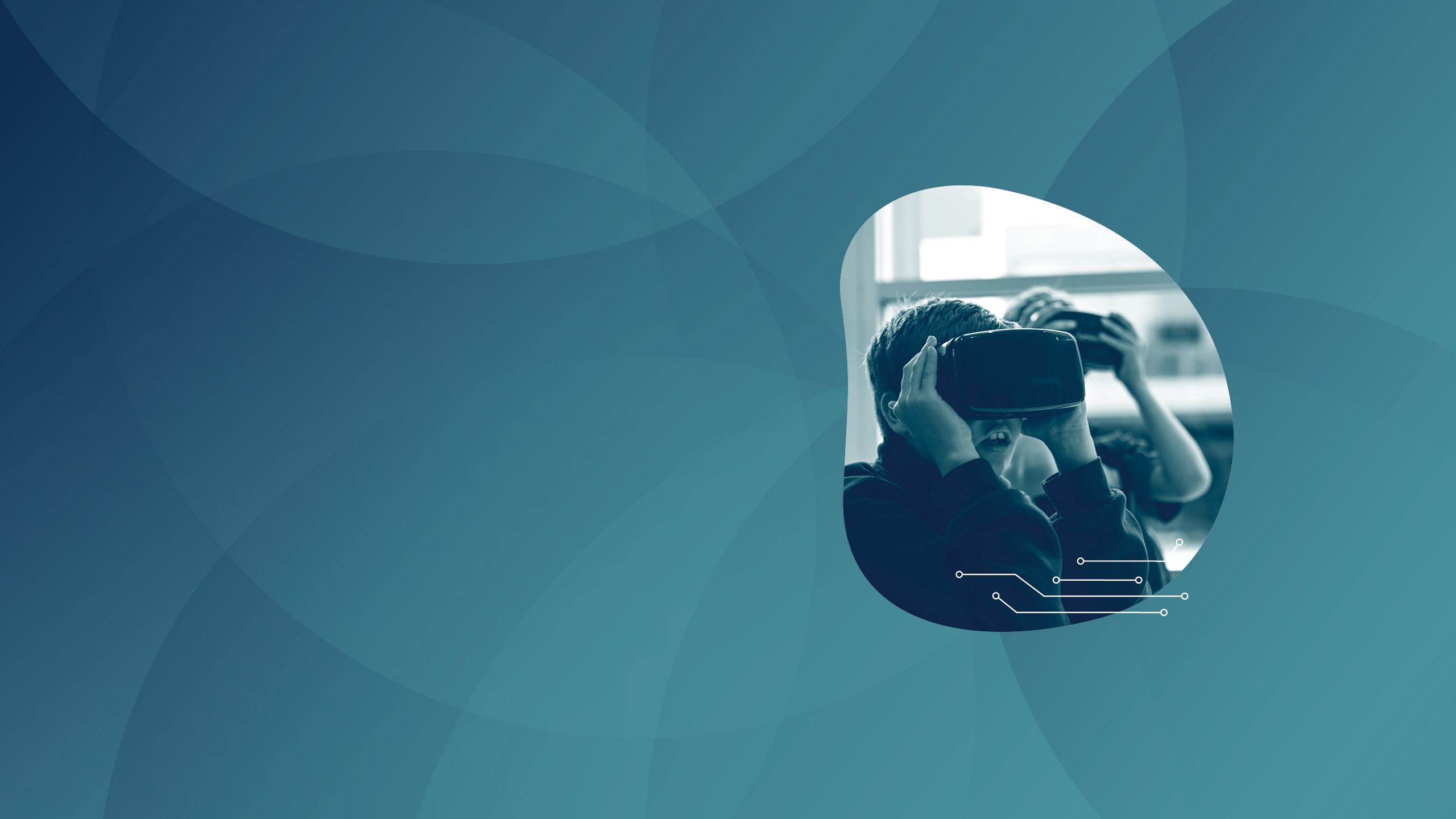DIGITAL
STRATEGY
2023 to 2026

DIGITAL
STRATEGY
2023 to 2026
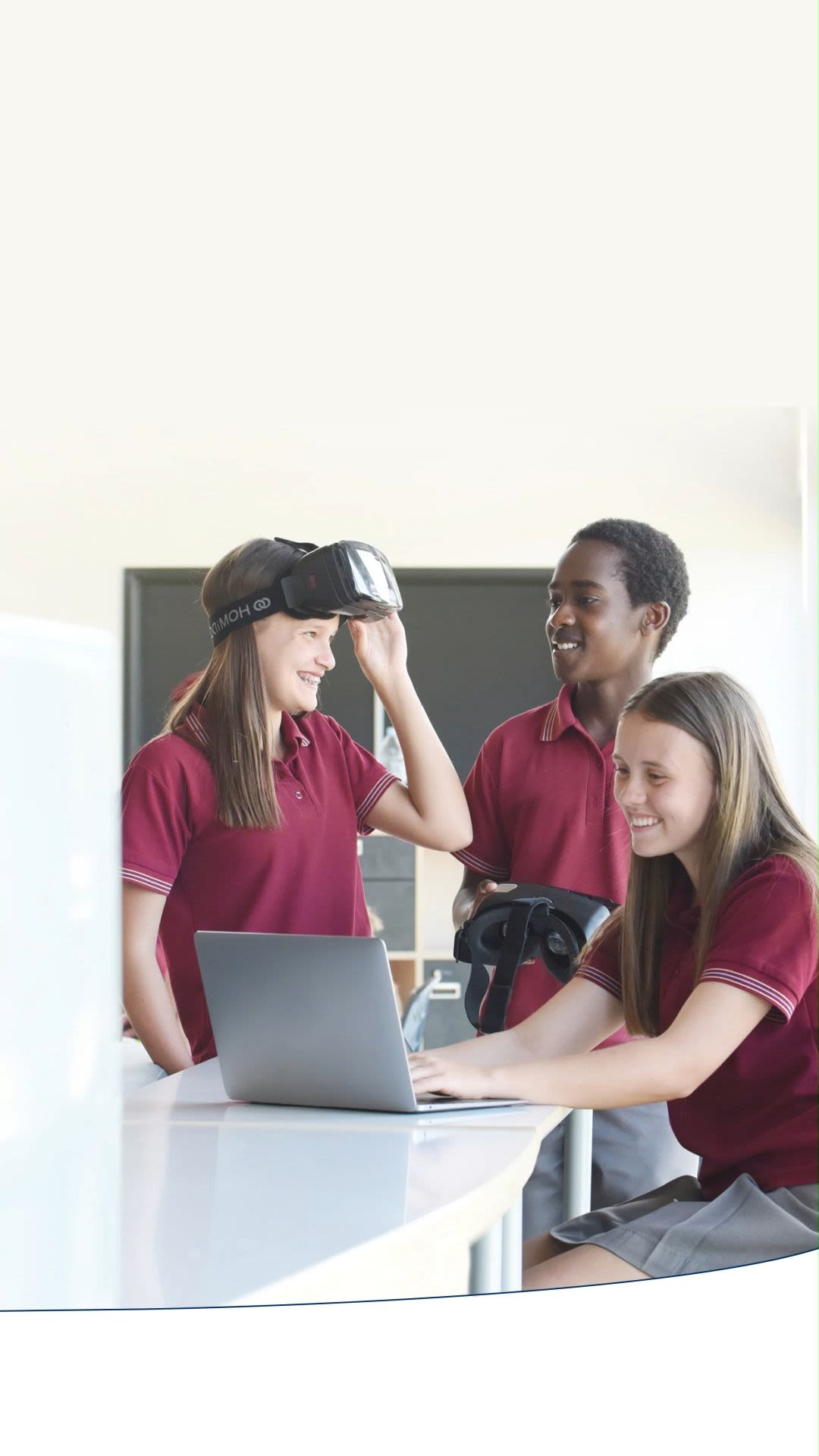
Embracing today, shaping tomorrow
Now more than ever, digital technology is transforming how we learn and work. By embracing the opportunities provided by today’s technology, we can shape the future of our education system for generations to come.
Digital technologies enable and empower schools and preschools to deliver world-leading education, and help children and students to thrive in a digital world.
Our Digital Strategy focuses on 5 key areas to help enable learning and growth for every child, in every class, in every school and preschool across South Australia.
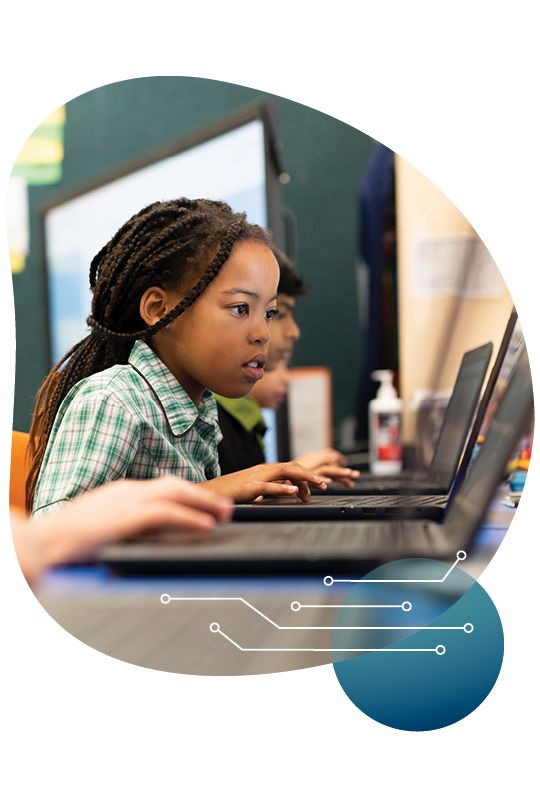
We're going to:
- strengthen our digital foundations
- build our capability
- maximise the benefits of digital technologies for teaching and learning
- streamline and modernise our operations
- mobilise ICT support where it is needed.
It's a roadmap to improve our approach to digital across the system and to position our students for the future.

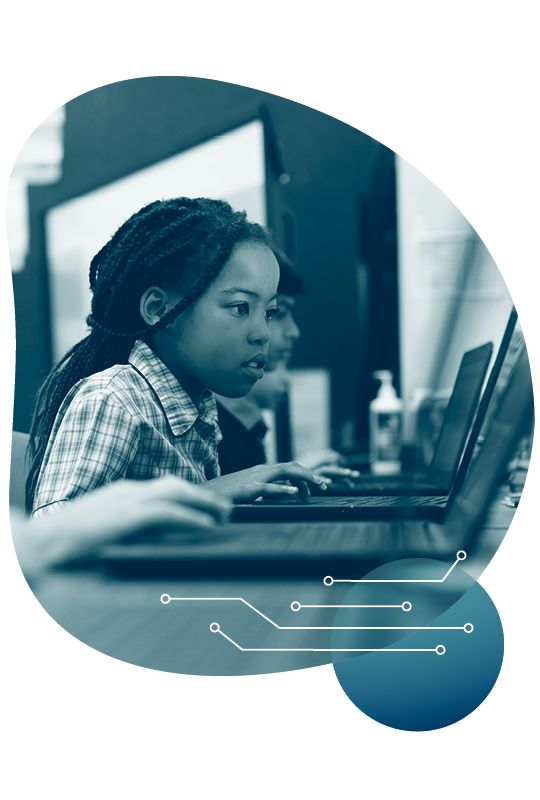
Acknowledgement of Country
We acknowledge that work undertaken to develop this Digital Strategy took place mainly on the traditional lands of the Kaurna people, and we respect their spiritual relationship with their country. We acknowledge the Kaurna people as the custodians of the Adelaide region and that their cultural and heritage beliefs are still as important to the living Kaurna people today. We also pay respects to the cultural authority of traditional owners from other areas across South Australia.
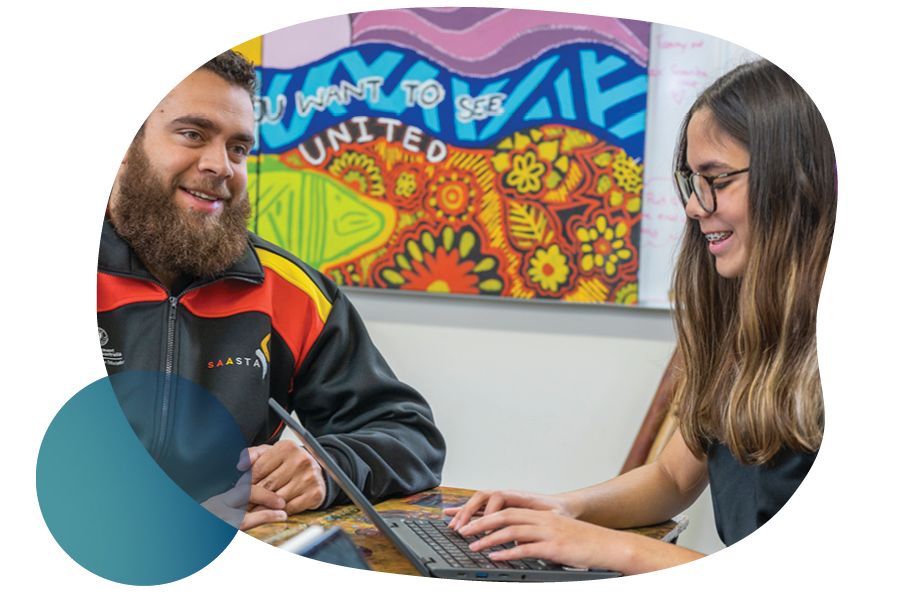

3 tech prizes were to be won in 2022. Congratulations to the winning schools!

3 tech prizes were to be won in 2022. Congratulations to the winning schools!
Open a world of possibilities
Our vision is for world-leading digital teaching, learning and operations.
We want an education system where:
- all children and students have engaging and empowering digital learning experiences which help to improve achievement and better prepare them to live, learn and work in the future
- all educators are equipped to deliver effective and authentic digitally-enabled teaching to the benefit of all children and students
- all preschools, children’s centres and schools have the expertise, systems and supports to continually improve their digital approach, including providing their students and educators with equitable access to devices and technologies
- all central staff have the technology and digital capability they need to work effectively and productively, delivering the services, programs and policy our education system needs to be world-leading.
How we listened and what we heard
To shape the digital vision for our education system and build the strategy, we listened to thousands of South Australians through a statewide survey, multiple workshops, in-depth discussions and school case studies.
Staff, leaders, parents, students and experts told us what is working well, and how we could better use digital technologies in our classrooms and workspaces.
We heard about the value of digital technologies in education, and how some schools and preschools are using them to accelerate growth for every child. We also heard about the value of digital technologies for students’ skills and future careers.
There was strong consensus for an education system that:
- is underpinned by a clear vision and priorities for digital technologies
- is equitable, delivering reliable and functional access for every student and staff member, no matter their location
- supports schools and preschools to drive their own digital development, improving the way they use digital technologies for their students, staff and community
- embeds digital capability as a core consideration for both staff and students
- delivers high quality resources for educators to help them effectively integrate technologies into their practice
- leverages digital technologies to reduce administrative burden on schools and make our system more efficient and effective.
To support what we heard from people in our system, we also commissioned comprehensive research to help us understand the evidence about the impact of digital technologies in teaching (PDF 692KB), and how high performing education systems around the world use digital technologies for the benefit of their staff and students (PDF 1MB). Read the research reports to find out more.
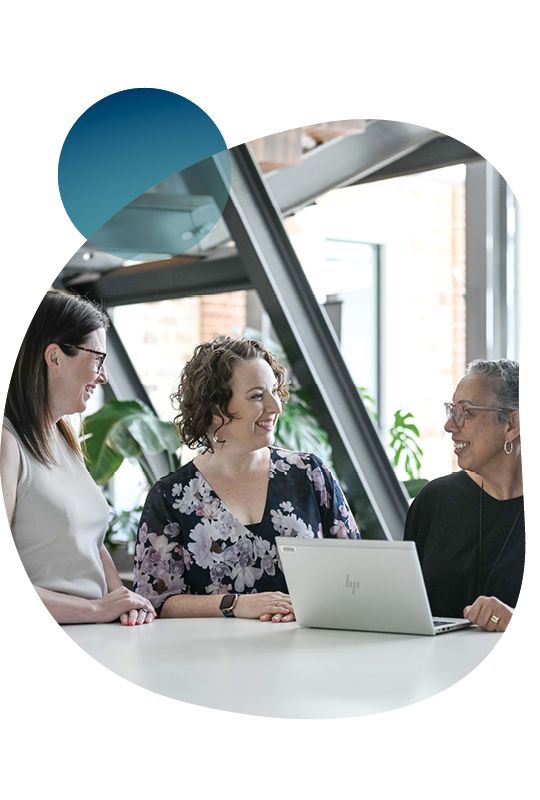
‘The potential for change with digital is huge and I am excited to help create that change.’
– School support staff, regional secondary school
‘Students need to be able to access digital technologies when and how they need. Teachers need to be empowered to provide learning environments and opportunities to challenge students within the digital space – to show creativity and understanding, to gain knowledge and skills.’
– Educator, metro primary school
‘We need an aspirational, but realistic strategy that can be enacted and utilised by all schools and preschools, to support our ambition to be a world-class education system.’
– Leader, metro high school
Building on our achievements
Over the last 4 years, we’ve laid the digital foundations for this strategy.
- We’ve rolled out high-speed fibre-optic internet to 99% of schools across South Australia (including 8 in the APY lands), providing high-speed internet for over 180,000 students and 23,000 teachers through the SWiFT.
- We’ve delivered modern, world-leading ICT infrastructure within all preschools and more than 280 schools across the state.
- We’ve implemented a fully managed ICT service in our preschools, delivering upgraded ICT infrastructure, new devices, printers and technologies through the Preschool Upgrade Project (PUP).
- We’re rolling out the modern, student-centred, Education Management System (EMS) to all South Australian public schools and preschools. EMS delivers enhanced education and administration capabilities and creates a single student record that follows the student throughout their public education history. We've now transitioned 36% of our sites (322) from previous systems EDSAS or EYS to EMS. This includes 280 preschools (73% of the network) and 42 schools (8%). These figures will continue to grow as we implement rollouts at an accelerated rate throughout 2023 and 2024.
- We’ve implemented improved ICT support to schools, both locally and via remote capabilities, including on-the-ground support to over 250 schools across the state.
- We’ve implemented a range of world-leading technologies to digitise and automate the way we work to make daily tasks simple and easy, and to free up time across the system to allow our staff to focus on children and young people.


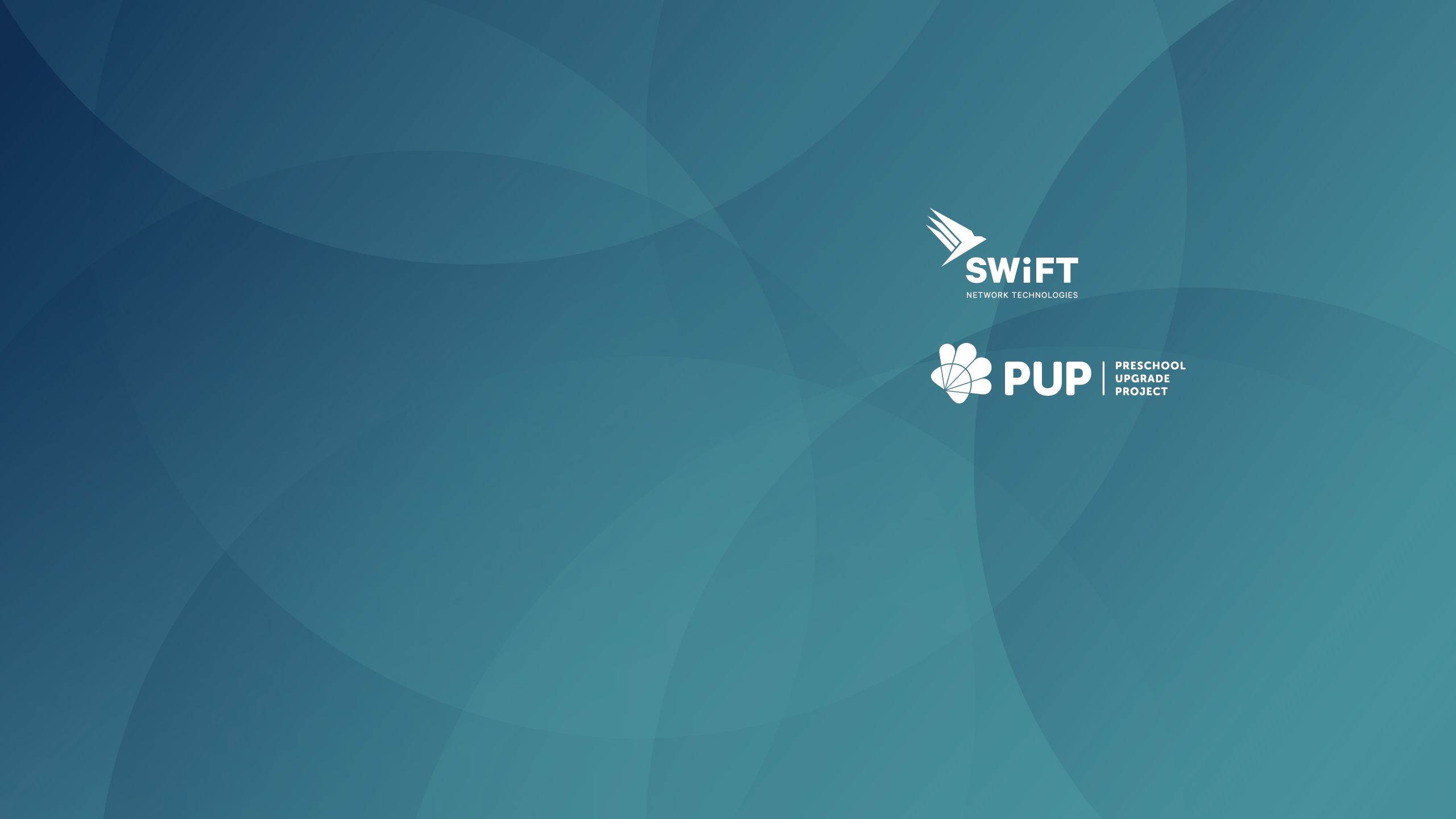
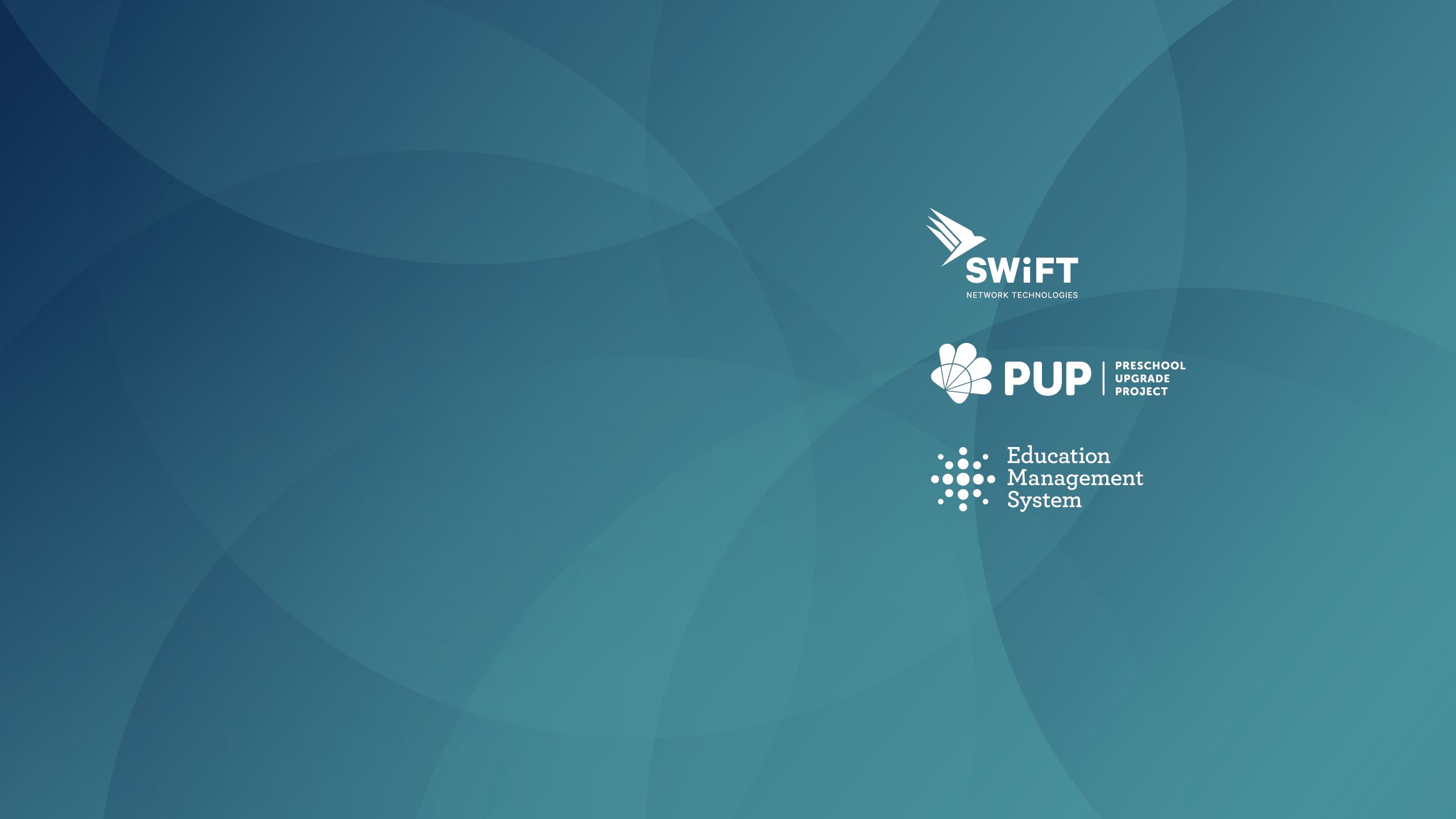
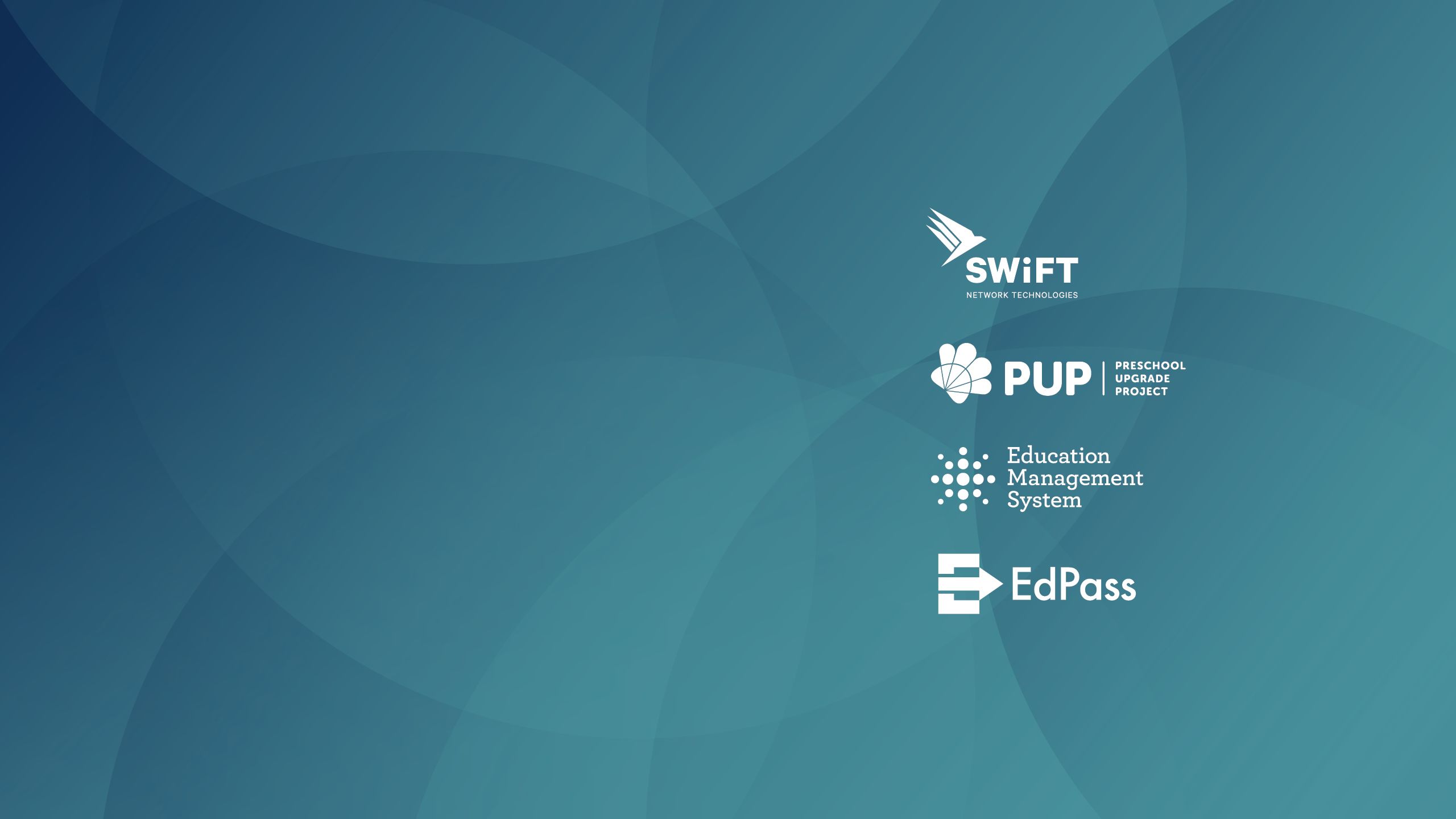
Now it’s time to take what we’ve done and learned and support every school, preschool and education site across the state to use digital technologies to their full effect.

Now it’s time to take what we learned and support every school, preschool and education site across the state to use digital technologies to their full effect.
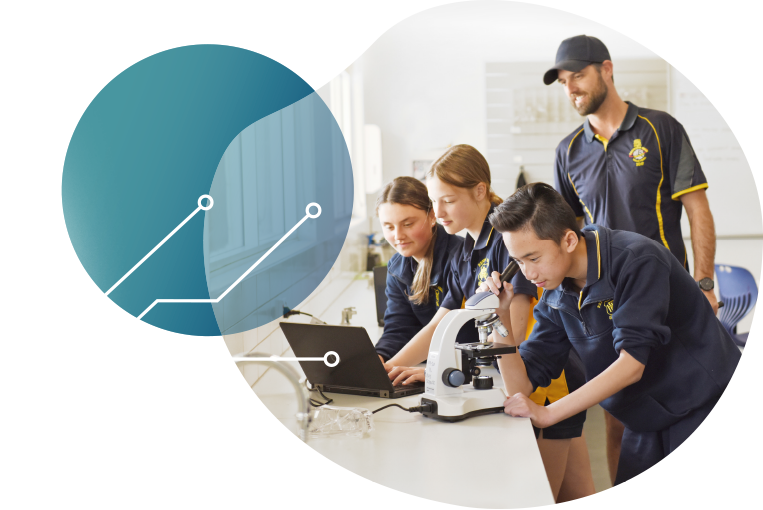

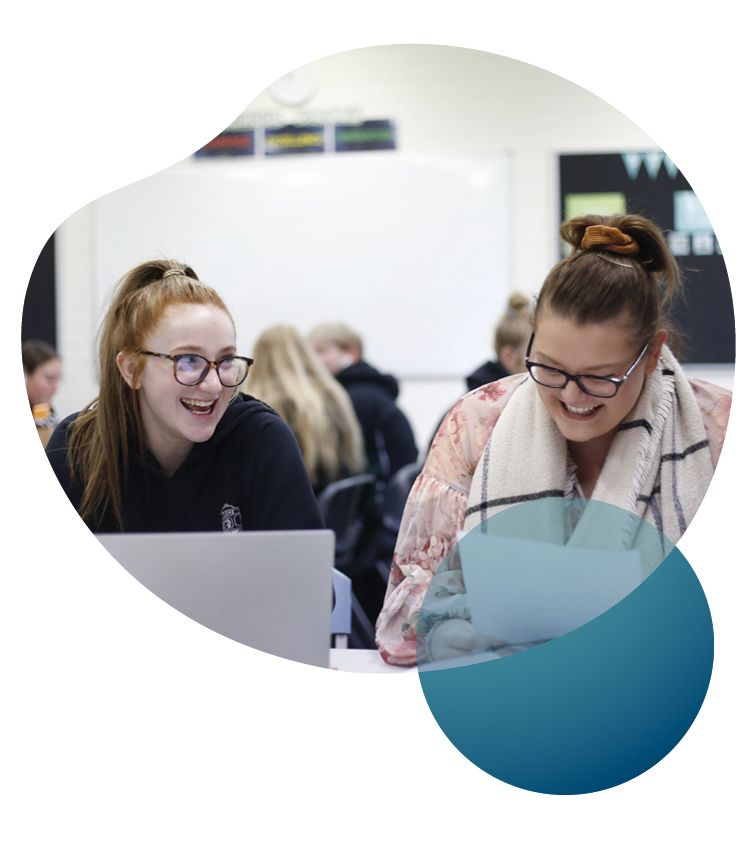
Measuring success
Our vision is for world-leading digital teaching, learning and operations. Within our education system, staff and students will have access to the high-quality technologies they need and the skills to use them to full potential. Digital technologies will be seamlessly integrated and students will have engaging and empowering digital learning experiences.
Between now and 2026 we'll:
- increase the average level of digital maturity of South Australian government schools measured by our new digital maturity assessment tool
- increase the average level of digital literacy of our students, and reduce the proportion of students below a benchmark expectation, measured by our new student digital skills program
- support access to a personal digital device for each secondary student who would benefit from one for their learning
- ensure an average device access ratio of 1 device for every 3 students across all our primary schools
- ensure every educator has access to a personal device for their work
- ensure all of our preschools and schools have modern ICT infrastructure
-
increase the proportion of school and preschool staff and leaders who report through our digital survey that:
- technologies are integrated into teaching and learning
- their integration of technology into the curriculum has been successful
- their professional development in the use of technologies for teaching and learning has been successful
- their school or preschool has strong leadership and a strong culture for the use of technologies
- they have adequate technical support.

Timeline for implementation
2023 – key actions
- Pilot digital maturity assessment tool and support to initial tranche of schools.
- Roll-out initial devices to School Card students in years 10 to 12.
- Continue deployment of home internet solutions to families in need.
- Continue business improvement support for schools and start delivering it to central (corporate) offices.
- Deliver initial tranche of teaching and learning technology advice.
- Launch Digital Technology Resource Hub.
2024 – key actions
- Establish the Digital Guarantee Unit.
- Launch primary and secondary student device programs.
- Launch staff device initiative.
- Launch staff and student digital skills programs.
- Roll-out digital maturity assessment and support to broader tranche of schools.
- Expand teaching and learning technology advice.
- Complete ICT infrastructure uplifts across metropolitan primary schools.
2025 – key actions
- Roll out digital maturity assessment and support for all remaining schools system-wide.
- Assess progress of those schools who completed their assessment in initial tranches.
- Progress uptake of all other initiatives.
- Start strategy evaluation to assess progress and outcomes.
Digital Strategy competition
3 tech prizes were to be won in our 2022 competition – congratulations to the following schools for their winning submissions:
Peterborough Primary School
Prize 1 VR/AR Education Kit with 30 headsets and devices + Augmented Reality Core upgrade + Ricoh Theta SC2 camera + professional development day for teachers.
Port Elliot Primary School
Prize 2 (regional) pop-up Lumination Learning Lab at your school + Department for Education Future Education Kit (VR/AR technology, drones, VR creation 360° camera, and robotics).
Banksia Park International High School
Prize 3 (metro) full-day class excursion to Lumination Learning Lab + Department for Education Future Education Kit (VR/AR technology, drones, VR creation 360° camera, and robotics).
